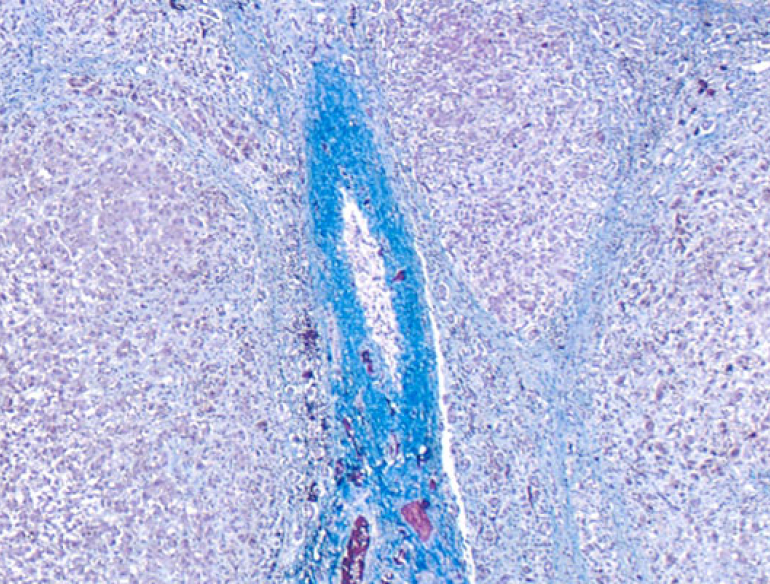Hepatitis C virus (HCV), HIV, or influenza virus are among the most rapidly mutating, genetically diverse, pathogenic RNA viruses known to man. For HCV, the global distribution and evolution are intimately linked to the only host - humans. Thus, mutations observed in circulating viruses are influenced by challenges posed by the human immune system, antiviral treatments, and human behaviours allowing transmission – as well as constraints associated with efficient viral replication. Understanding the interaction of viral mutations and each of these influencing factors are key to inform preventive and therapeutic strategies for HCV.
Understanding viral evolution requires sequences of viruses and host data such as immune and viral phenotypes, as well as host behavioural patterns and genetic characteristics. To this end, we have a leading advantage in the study of host-pathogen interactions in HCV as we have recently established the world’s largest deep sequenced, full length, early infection HCV sequence repository as part of a global collaboration (The International Collaboration of Incident HIV and Hepatitis C in Injecting Cohorts Study; InC3 study) that collects host data and viraemic blood samples from over 10 cohorts in four countries namely: Australia, USA, Canada and the Netherlands.
As a partner of the InC3 collaboration, the Viral Immunology Systems Program has access to data of over 5500 injecting drug users, and viraemic samples from early incident infections identified in participating cohorts. The group is at the cutting edge in developing novel techniques for full length genome amplification of HCV viruses across all genotypes, and developing cost-effective high throughput next generation sequencing strategies, including single molecule sequencing technologies. We also develop bioinformatics tools for analysis of next generation sequencing data of rapidly mutating viruses. Our current work focusses on the global molecular epidemiology of HCV, evolutionary analysis of HCV epidemics via Bayesian statistics, global prevalence of resistant associated substitutions (of the HCV genome) to directly acting antiviral therapies, and interaction between viral genomes and host immune response. Finally, we have developed network-based analyses to link viral genotypic changes to host immune pressures.
Our work on viral sequencing has significantly impacted current understanding of how HCV evolves at both epidemiological level and during a single infection within the host. We also contributed to understand how human behaviours and population movements have impacted the global HCV epidemic, and hence what measures will be useful in constraining epidemic spread. This approach will also allow surveillance of the potential emergence of resistance to directly acting antiviral (DAA) treatments as these new agents are rolled out worldwide. At the individual level, these studies will help to identify how some patients spontaneously clear the virus with major implications for development of a preventive vaccine and in understanding the strengths and vulnerabilities of human immune system against HCV and other RNA viruses.
- Julie Bruneau, University of Montreal, Canada
- Andrea Cox, John Hopkins Medical Institutions, Baltimore, USA
- Greg Dore, Kirby Institute, Sydney, Australia
- Margaret Hellard, Burnet Institute, Melbourne, Australia
- Arthur Kim, Harvard Medical School, Boston, USA
- Georg Lauer, Harvard Medical School, Boston, USA
- Kimberly Page, University of New Mexico, USA
- Maria Prins, GGD Public Health Services, Amsterdam, The Netherlands
- Janke Schinkel, Centre for infection and immunity, Amsterdam, The Netherlands
- Naglaa Shoukry, University of Montreal, Canada
- Australian Centre for HIV and Hepatitis Virology Research (ACH2)
- National Health and Medical Research Council (NHMRC) Partnership and Project Grant
InC3 collaborative is supported by a National Institutes of Health (NIH) RO1 grant.

